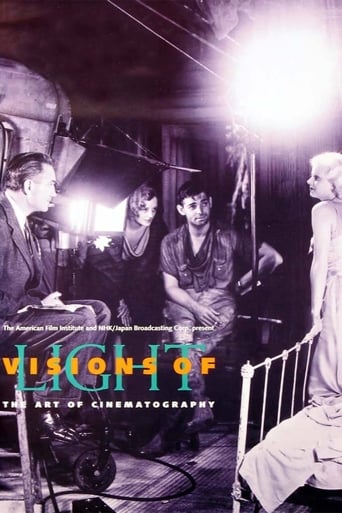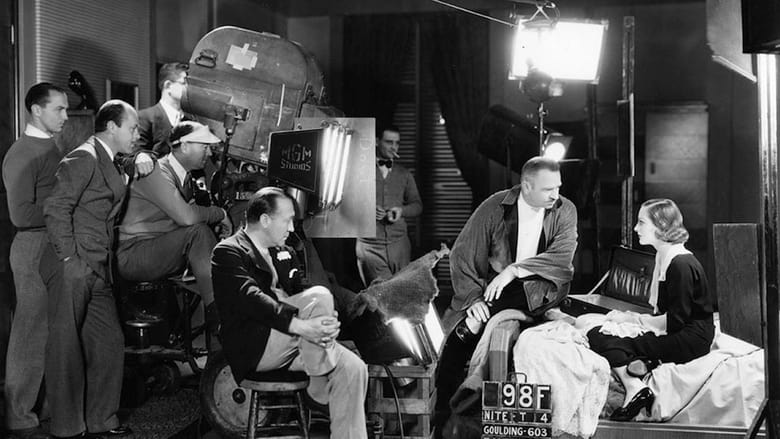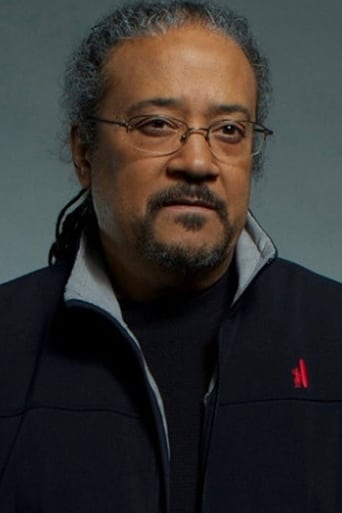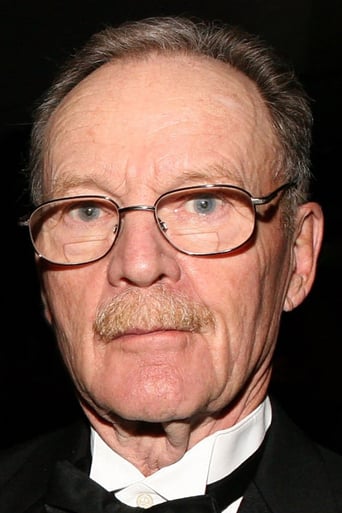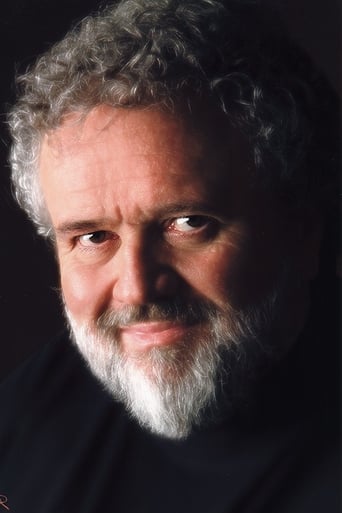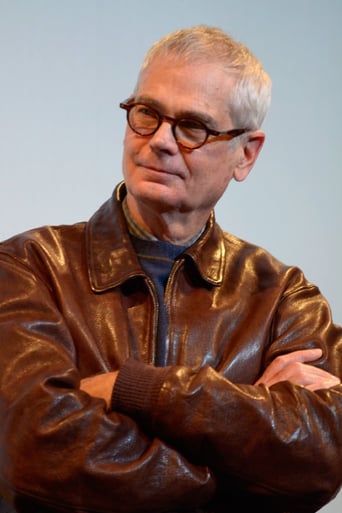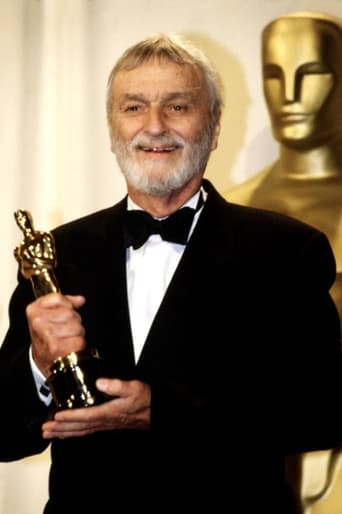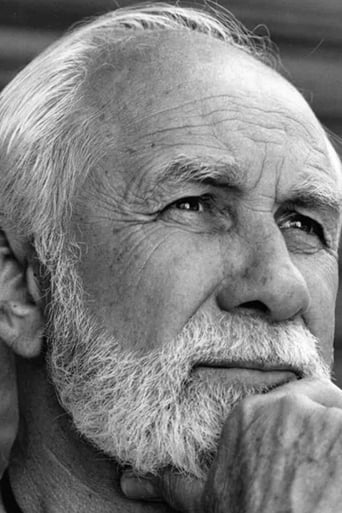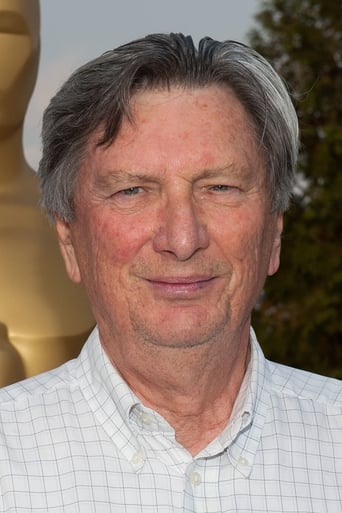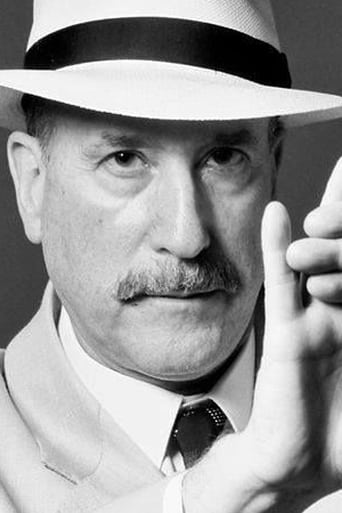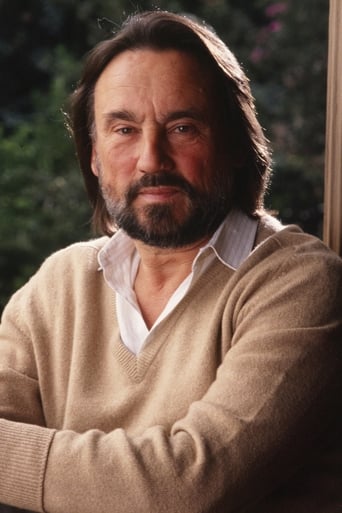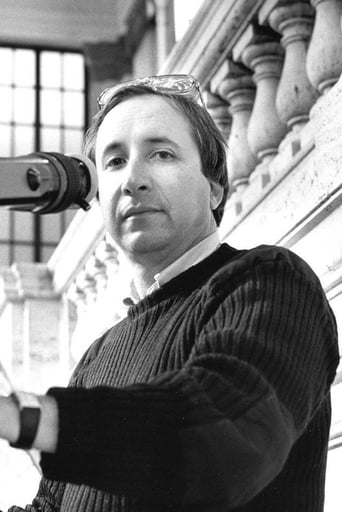Cameramen and women discuss the craft and art of cinematography and of the "DP" (the director of photography), illustrating their points with clips from 100 films, from Birth of a Nation to Do the Right Thing. Themes: the DP tells people where to look; changes in movies (the arrival of sound, color, and wide screens) required creative responses from DPs; and, these artisans constantly invent new equipment and try new things, with wonderful results. The narration takes us through the identifiable studio styles of the 30s, the emergence of noir, the New York look, and the impact of Europeans. Citizen Kane, The Conformist, and Gordon Willis get special attention.


Similar titles
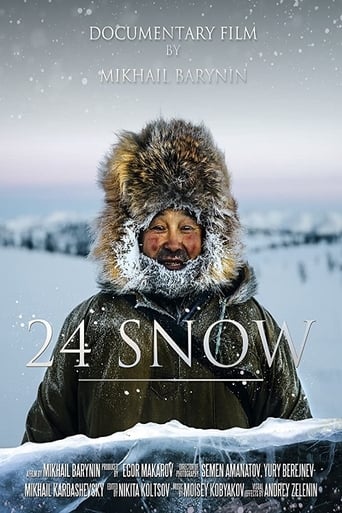

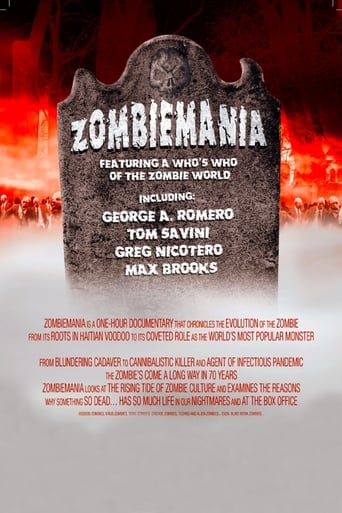
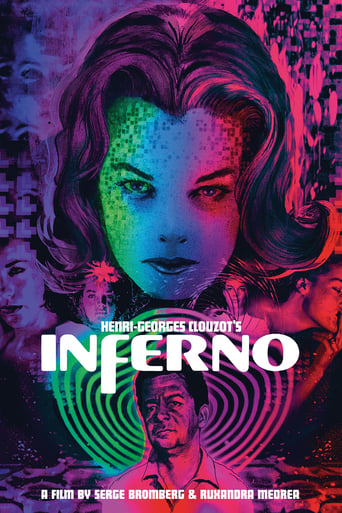
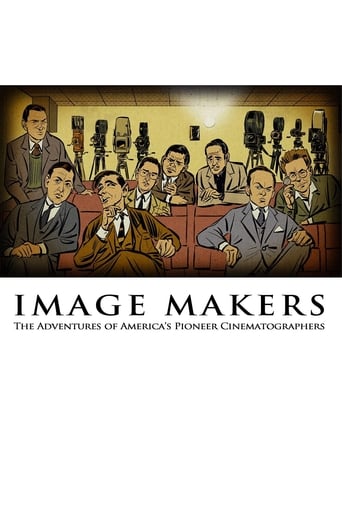
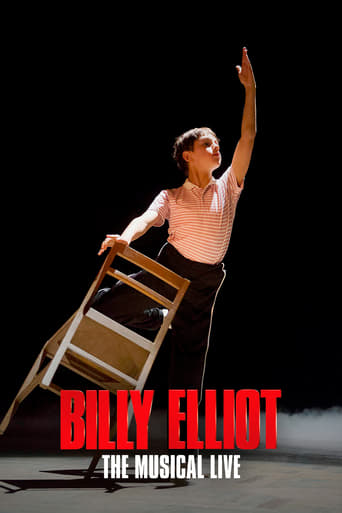
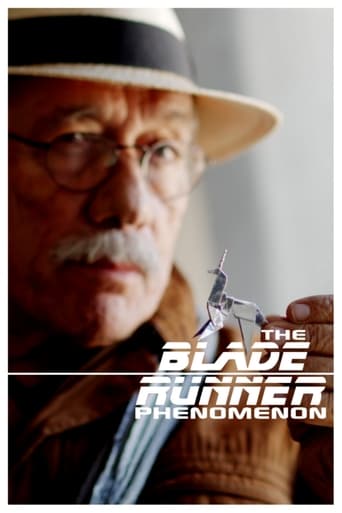
Reviews
... how can you make such documentary, interview sven nyquist, yet show no frame of his work? i am sure that many people find many people missing, yet sven is really admired as one of the very best ever and i have immediately tons of frames of his work in mind, more than from any other DOP ...nevertheless it is a great piece and does not become unnecessary detailed in technical issues. i am not entirely sure about the selection of material they presented. but this is necessarily highly subjective. yet i would have wished to see more of Japanese and European cinema. the more i think about it the more i feel that i find it great that they produced this tribute to cinematographers, but i am more and more unhappy by the way they did it. leaves with the taste of a too clean feature film. too little risk. so i change my vote from initially 9 to 6.
I watched this to hopefully get some ideas on what movies would be interesting to watch. From this point of view I was disappointed.The movies used as illustration are fairly mainstream. I had heard of almost all of them even though I hadn't seen them all.One thing that I very much have a problem with is that I think that the frame speed was accelerated on some of the silent film clips. The alternative would have been to repeat some frames so that events would play at the intended speed, but would have a slight skipping irregular pace. (24 frames per second was not a standard film speed during the silent period, so many films were done in 16, 18 or even occasionally 12 frames per second) I believe that the latter solution to the frames problem is preferable to comically fast pacing.Also the silent period was some what gypped in that it got the same amount of time and focus as each subsequent decade. It should have gotten twice as much time as a decade, because it includes 1910's and 1920's and all prior movie history. Other than this minor disparity, the amount of time spent on each decade is about equal. This is good because the documentary isn't skewed toward any era.Even bias is a prerequisite for a film documentary, and this documentary has it.Keep in mind that this documentary is very general. It would be impossible to go into a great deal of depth in only 1 1/2 hours. It is not for an extreme film buff. The film is not going to be a revelation, but if you are looking for a very general introduction to cinema this is a good documentary to watch.
Simply, this is one of the best documentaries I've seen on the art and science of making movies. This one is from the cinematographer's point of view and uses many excellent interviews along with miles of illustrative movie clips. I recommend this to anyone who has an interest in the creative process of filmmaking.
I enjoyed watching this documentary on Cinematography, and yet it still pales in comparison to A Personal Journey With Martin Scorsese Through American Movies. I was spoiled, I think, with Marty Scorsese's documentary, as in its three cassettes it is the truly definitive documentary on film. Visions of Light is worth a purchase, though it was not as complete and definitive as I would have liked it to be.
